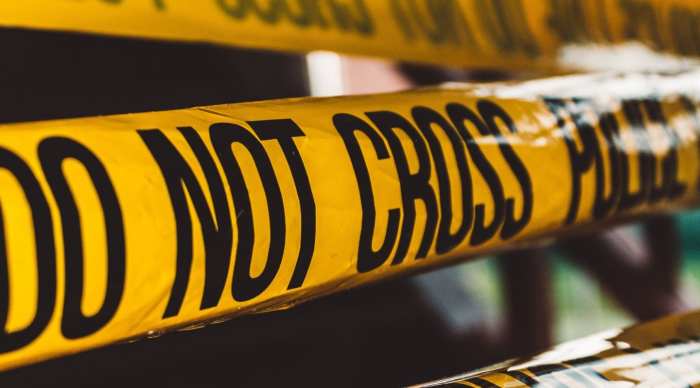The HOSA Forensic Science Practice Test stands as an indispensable resource for students aiming to excel in the field of forensic science. This comprehensive test simulates the actual exam experience, equipping candidates with the knowledge and skills necessary to succeed in their forensic science endeavors.
The HOSA Forensic Science Practice Test encompasses a wide range of forensic science disciplines, ensuring that students are well-versed in the various aspects of this multifaceted field. Through a combination of practice questions, mock exams, and detailed explanations, this practice test provides a thorough preparation for the actual exam, boosting students’ confidence and enhancing their chances of achieving their forensic science goals.
Overview of Hosa Forensic Science Practice Test

The Hosa Forensic Science Practice Test is a comprehensive assessment tool designed to evaluate students’ knowledge and skills in the field of forensic science. It is primarily intended for high school students who are preparing for the Hosa National Leadership Conference (Hosa NLC) Forensic Science competitive event.
The test covers a wide range of topics within forensic science, including crime scene investigation, evidence analysis, laboratory techniques, and ethical considerations. It is typically administered in a timed setting and consists of multiple-choice questions, short answer questions, and essay questions.
Test Preparation Strategies

To prepare effectively for the Hosa Forensic Science Practice Test, students should engage in a comprehensive study plan that includes the following strategies:
- Review course materials: Thoroughly review all course notes, textbooks, and any other relevant materials to ensure a solid understanding of the key concepts and theories.
- Practice with sample questions: Familiarize yourself with the test format and question types by practicing with sample questions and mock exams. This will help you develop your problem-solving skills and improve your time management.
- Manage time effectively: During the test, it is crucial to manage your time wisely. Allocate sufficient time to each question and avoid spending too much time on any one question. If you are unsure about an answer, mark it for review and move on.
- Reduce stress: Test anxiety can hinder your performance. Practice relaxation techniques such as deep breathing or meditation to reduce stress and maintain focus during the test.
Content Analysis: Hosa Forensic Science Practice Test

The Hosa Forensic Science Practice Test assesses students’ knowledge and skills in various forensic science disciplines, including:
- Crime scene investigation: This section covers the principles and procedures of crime scene investigation, including evidence collection, documentation, and preservation.
- Evidence analysis: Students are tested on their ability to analyze and interpret different types of physical evidence, such as fingerprints, DNA, and trace evidence.
- Laboratory techniques: This section assesses students’ understanding of laboratory techniques used in forensic science, including microscopy, chromatography, and spectroscopy.
- Ethical considerations: Students are also evaluated on their knowledge of ethical issues and legal considerations related to forensic science.
Essential FAQs
What is the purpose of the HOSA Forensic Science Practice Test?
The HOSA Forensic Science Practice Test is designed to provide students with a comprehensive preparation experience for the actual HOSA Forensic Science exam.
What content areas are covered in the HOSA Forensic Science Practice Test?
The practice test covers a wide range of forensic science disciplines, including crime scene investigation, forensic biology, forensic chemistry, and forensic physics.
How can I use the HOSA Forensic Science Practice Test to prepare for the exam?
The practice test can be used to assess your knowledge, identify areas for improvement, and develop effective study strategies.